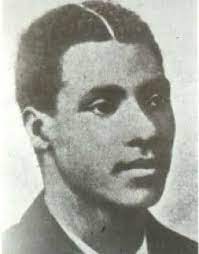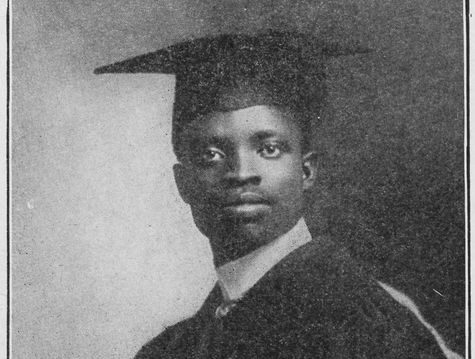The Fante people, a proud and influential ethnic group from Ghana, have a remarkable history of mastery, innovation, and resilience. Their achievements in maritime navigation, intellectual pursuits, political organization, and cultural preservation stand as a testament to their enduring legacy. From pioneering the first modern African state to inspiring movements for independence, the Fante have consistently demonstrated their commitment to freedom and progress.
This blog post celebrates the rich heritage of the Fante people, highlighting their significant contributions to Africa and beyond, while envisioning a future where they continue to lead and inspire.
Celebrating Fante Heritage: A Legacy of Mastery, Innovation, and Independence
Fantes have been at the forefront of the African struggle for independence and pioneered Pan-Africanism. It is not surprising that Kwame Nkrumah declared Ghana’s independence in the Fante language. Every Fante must take up the torch and continue pursuing the Fante and African Rennaissance.
MIKAEL F.N. FANTE
5 Reasons To Be A "Proud" Fante
- The Fante people, a group with a rich and storied history, have long been the maritime masters of Africa. Their seafaring exploits took them to countries like Liberia and Angola, spreading their influence far and wide. It is said that a Fante (El Nino) guided Christopher Columbus to the Americas. Not only were they adept navigators, but they were also masters of the fishing industry, sharing their advanced techniques with coastal tribes, particularly in Ghana.
- Fantes have produced some of the brightest minds in Africa, contributing significantly to intellectual and cultural development. Renowned individuals such as Kwegyir Aggrey, John Mensah-Sarbah, Efua Sutherland, Ama Ata Aidoo, and Professor Allotey hail from Fante lineage. These intellectuals have shaped Fante and Akan culture, influencing life on the Gold Coast and beyond.
- One of the most remarkable achievements of the Fante people was the formation of the first modern African state: the Fante Confederacy. This entity boasted its own government structure and constitution, making it the first of its kind in Sub-Saharan Africa. The Fante were pioneers in resisting European imperialism, with King Aggrey of Cape Coast being exiled for his rebellious efforts and King Amfo Otu I leading the Fante Union Army in wars against the Dutch and Danes. The Fante Confederacy was established to combat oppressive European powers and internal African threats. The Ghanaian independence movement found inspiration in the noble political efforts of the Aborigines Rights & Protection Society, led by Fante royals and intellectuals. This movement successfully thwarted Britain’s Land Tenure Bill, preserving West African lands from colonial exploitation. Fante lawyers outmaneuvered their British counterparts, inspiring subsequent movements like the UGCC, CPP, and ultimately, Ghana’s independence. Fante resistance was not confined to Africa alone. Notable figures like Queen Nanny and King Takyi, both of Fante descent, fought against slavery in the Caribbean. These efforts underscore the Fante’s enduring commitment to freedom and justice.
- Despite over 400 years of contact with Europeans, the Fante culture remains largely intact. While some European elements have infiltrated, the essence of Fante traditions and values endures. Unlike many other African territories, where colonial powers exerted significant control, Fante territories were governed by local armies and kings who maintained their authority and cultural integrity.
- The Fante people have always valued independence and dignified tribal life. After initial conflicts with coastal kingdoms, they quickly integrated these groups, forming a unified tribal identity through diplomacy and friendly influence rather than oppression. A prime example is the peaceful resolution with the Agona kingdom, achieved through mediation rather than prolonged conflict. The Fante ethos of freedom and independence has been a defining characteristic throughout history. Even in the face of empires like the Dutch and the Asante, the Fante remained steadfast in their resistance until British colonialism finally took hold in 1874, not through defeat in battle but due to a weakened state after simultaneous wars.

The New Fante Vision: Leading Africa's Future
Looking ahead, the Fante people envision a renaissance of their heritage, forging a network of prosperous city-states. This new Fante vision seeks to revive their elite ethnic identity, once again leading the charge for a brighter African future. The spirit of the Fante remains unbroken, ready to inspire and lead the continent with their legacy of mastery, innovation, and unwavering independence.




Great fante history
Proud Fante